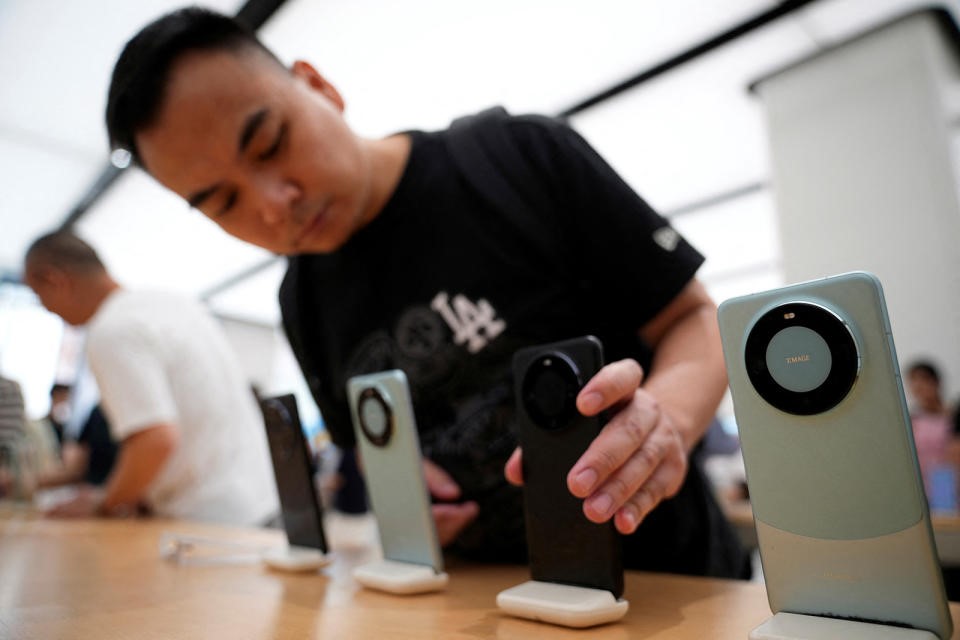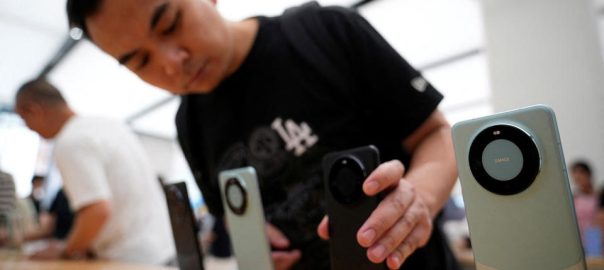Huawei is allegedly building a self-sufficient chip network using state investment fund
Bloomberg’s report suggests a ‘symbiotic relationship’ between Huawei and these enterprises.

We’ve seen Huawei’s surprising strides with its recent smartphones — especially the in-house 7nm 5G processor within, but apparently the company has been working on something far more significant to bypass the US import ban. According to a new Bloomberg investigation, a Shenzhen city government investment fund created in 2019 has been helping Huawei build “a self-sufficient chip network.”
Such a network would give the tech giant access to enterprises — most notably, the three subsidiaries under a firm called SiCarrier — that are key to developing lithography machines. Lithography, especially the high-end extreme ultraviolet flavor, would usually have to be imported into China, but it’s currently restricted by US, Netherlands and Japan sanctions. Huawei apparently went as far as transferring “about a dozen patents to SiCarrier,” as well as letting SiCarrier’s elite engineers work directly on its sites, which suggests the two firms have a close symbiotic relationship.
Bloomberg’s source claims that Huawei has hired several former employees of Dutch lithography specialist, ASML, to work on this breakthrough. The result so far is allegedly the 7nm HiSilicon Kirin 9000S processor fabricated locally by SMIC (Semiconductor Manufacturing International Corporation), which is said to be about five years behind the leading competition (say, Apple Silicon’s 3nm process) — as opposed to an eight-year gap intended by the Biden administration’s export ban.
Huawei’s Mate 60, Mate 60 Pro, Mate 60 Pro+ and Mate X5 foldable all feature this HiSilicon chip, as well as other Chinese components like display panels (BOE), camera modules (OFILM) and batteries (Sunwoda). Huawei having its own network of local enterprises would eventually allow it to rely less on imported components, and potentially even become the halo of the Chinese chip industry — especially in the age of electric vehicles and AI, where more chips are needed than ever (as much as NVIDIA would like to deal with China). That said, Huawei apparently denied that it had been receiving government help to achieve this goal.
Given Huawei’s seeming progress, and the fact that China has been pumping billions into its chip industry, the US government will just have to try harder.
(17)
Report Post





